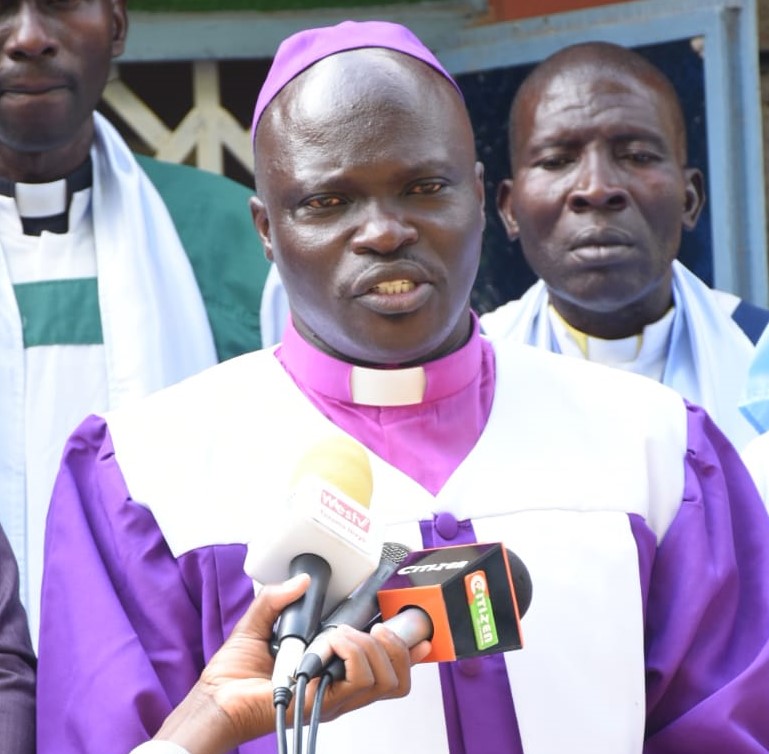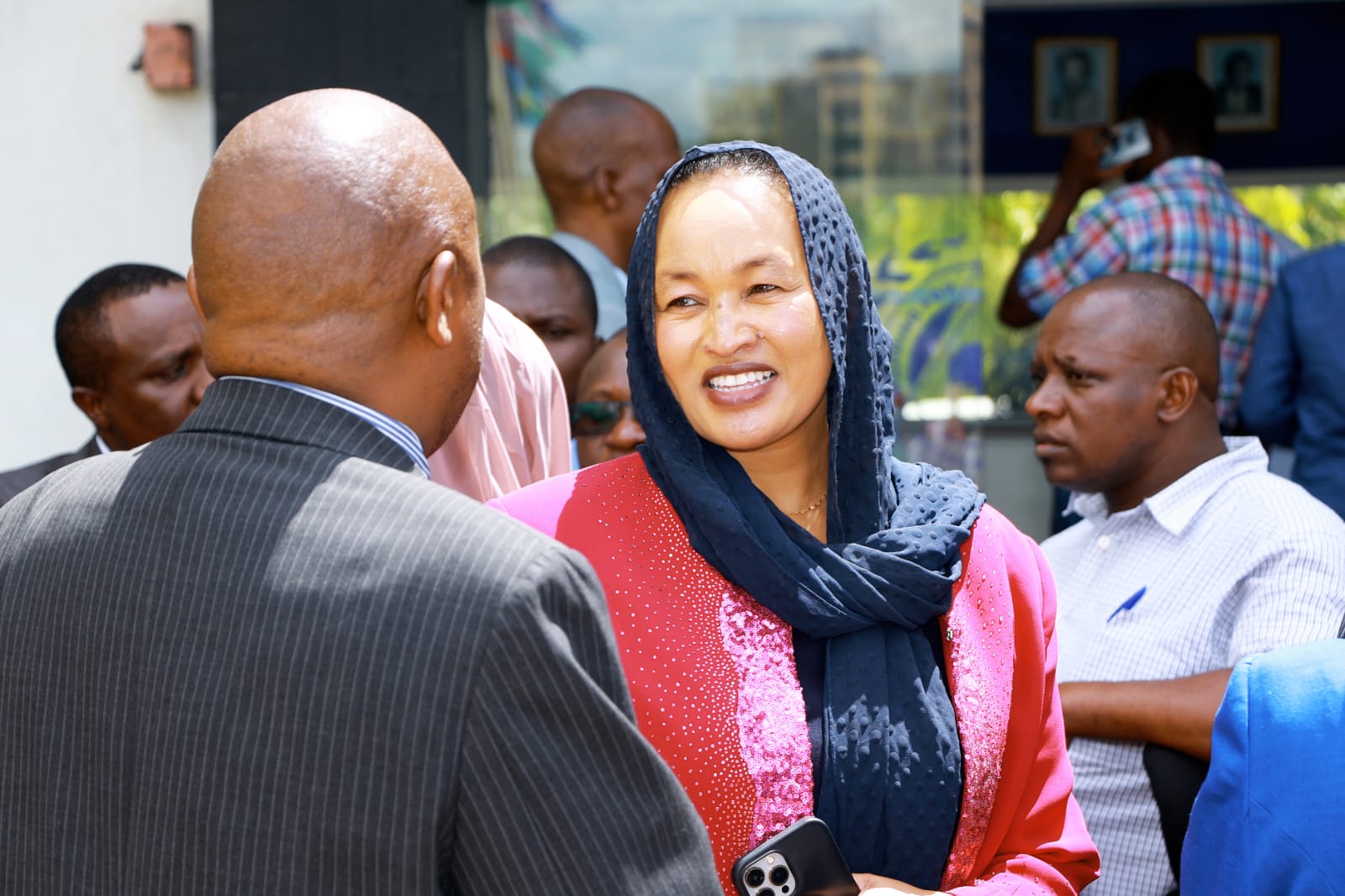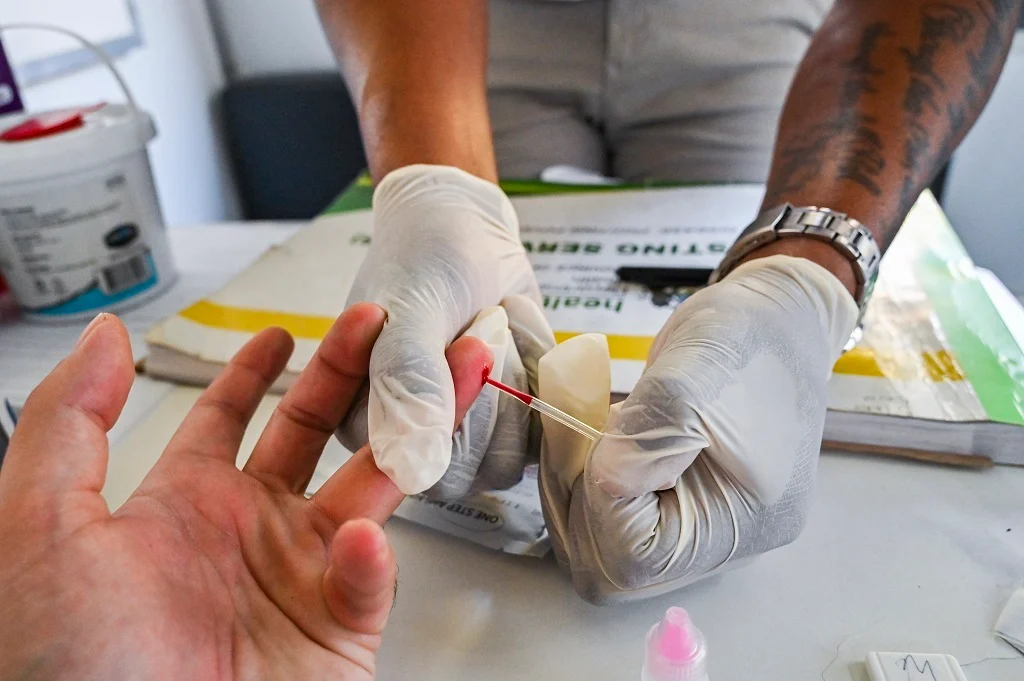As Kenya edges closer to the 2027 General Election, a timely political question arises: Can deputy governors step out of the shadows of their bosses and mount successful bids for the top county jobs? Since the advent of devolved governance in 2013, no deputy governor has ever been elected governor in their own right. Those who have ascended to the role have done so only through the death, resignation, or impeachment of their bosses. This track record casts serious doubt on whether the office of deputy governor provides a viable path to county leadership, or is merely a political dead end.
With numerous governors reaching the end of their constitutionally mandated two terms, several deputy governors are setting their sights on the 2027 gubernatorial race. But even before they hit the campaign trail, these second-in-commands face formidable challenges that threaten to derail their ambitions.
In most counties, deputy governors are relegated to ceremonial or peripheral duties, offering little opportunity to build political capital or lead substantial projects. Their limited influence is often by design; many governors perceive their deputies as potential threats and deliberately sideline them. In counties such as Siaya, Meru, and Nyamira, such tensions have spiralled into full-blown political feuds, some bordering on impeachment.
Despite years in office, most deputy governors remain relatively unknown to the electorate. Without access to significant platforms or high-impact initiatives, they struggle to showcase leadership qualities or earn public trust, key ingredients for electoral success.
Incumbent governors typically command extensive local networks, control political party structures, and influence endorsements. Their grip on grassroots support enables them to shape succession plans that often favour allies over their deputies. Consequently, deputy governors find themselves politically isolated just when they most need broad support.
Deputy Governors in the 2027 Spotlight
Nonetheless, some deputy governors are positioning themselves as serious contenders, particularly in counties where their bosses are term-limited. In Kisumu County, Deputy Governor Dr Mathew Owili has declared interest in succeeding Governor Professor Anyang’ Nyong’o. Owili’s chances hinge on whether he can craft a compelling, independent political identity and rally urban voters around a fresh vision.
In Nandi County, Dr Yulita Cheruiyot is preparing to take over from Governor Stephen Sang. To mount a credible campaign, she will need to consolidate grassroots support and demonstrate firm leadership in a county where Sang’s influence may still cast a long shadow.
Meanwhile, in Nyamira, Kajiado, Kirinyaga, and Vihiga, deputy governors Dr James Gesami, Martin Moshisho, David Wachira, and Wilberforce Kitiezo respectively have yet to signal their intentions. Their silence may reflect a cautious reading of the political terrain, or a lack of sufficient public and political backing to mount viable campaigns.
How Can Deputy Governors Win?
If they are to break the historical jinx and win governorships in 2027, deputy governors must:
- Build Independent Profiles: They need to distance themselves from their current roles by initiating visible community projects, cultivating a strong media presence, and projecting a distinct leadership style.
- Forge Strategic Alliances: Aligning with influential local leaders, political parties, and national figures could give them the momentum needed to rival their better-connected opponents.
- Engage Voters Early: Proactive community engagement, especially on pressing local issues, can help deputies earn trust and improve their public recognition ahead of the elections.
The 2027 elections could mark a turning point for Kenya’s deputy governors. While hopefuls like Dr Mathew Owili and Dr Yulita Cheruiyot have thrown their hats in the ring, they face uphill battles in counties where political loyalty, visibility, and patronage still matter most. Their success will depend on their ability to overcome entrenched political hierarchies and reshape public perceptions.
As the campaign season nears, the big question remains: Can deputy governors defy history and rise to the helm, or will they remain perennial second fiddles in Kenya’s evolving devolved politics?





